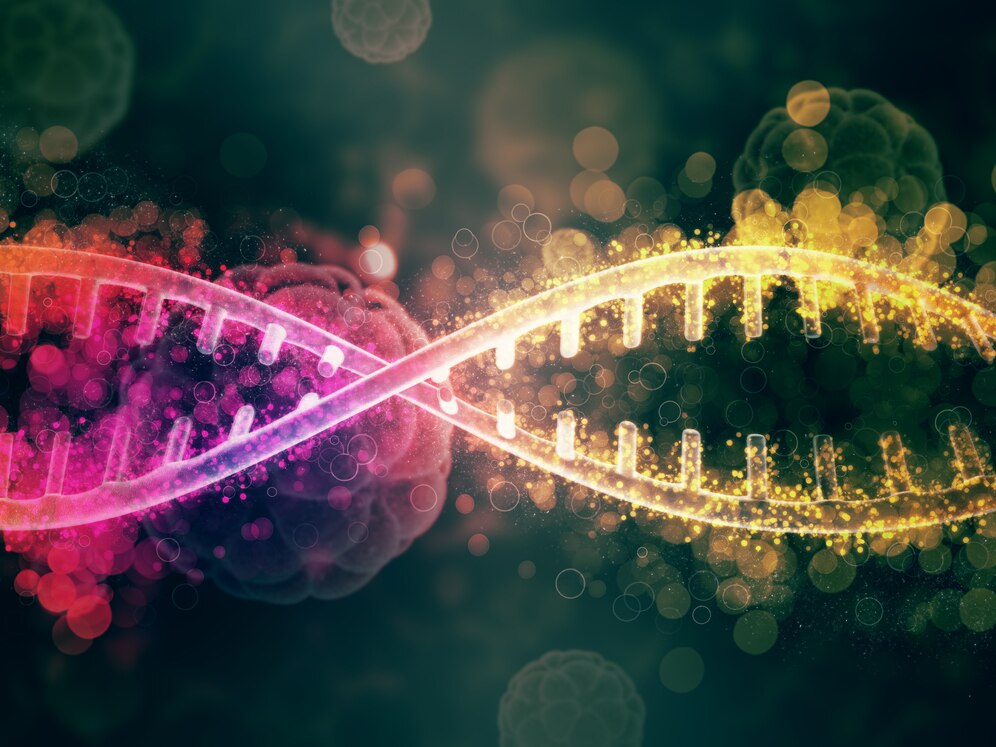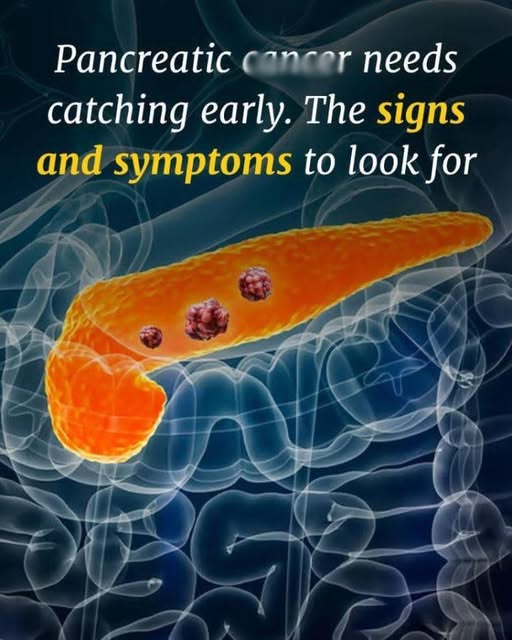The disease is rarely diagnosised in time for lifesaving treatment, and removes about half a million people annually; here is what to look for
What is pancreatic canc3r?
Pancreatic canc3r happens when cells in your pancreas mutate (change) and multiply out of control, forming a tumor. Your pancreas is a gland in your abdomen (belly), between your spine and stomach. It produces hormones that control bl00d-sugar levels and enzymes that aid in digestion.
Early-stage pancreatic tumors don’t expose on imaging tests. For this reason, many people don’t receive a diagnosis until the canc3r has developed.
What are te symptoms of pancreatic canc3r?
Unfortunately, there aren’t any early signs of pancreatic canc3r.

Image for illustrative purpose only.
Pancreatic canc3r symptoms may include:
- Jaundice (yellowing of your skin).
- Dark urine (pee).
- Light-colored stool (poop).
- Upper abdominal pain.
- Middle back pain.
- Fatigue.
- Itchy skin.
- Nausea and vomiting.
- Gas or bloating.
- Lack of appetite.
- Bl00d clots.
- Weight l.o.s.s.
- New-onset dia:betes.
What causes pancreatic canc3r?

Common pancreatic canc3r risk factors include:
- Smoking cigarettes, cigars and using other forms of tobacco.
- Obesity, especially if you have extra weight around your waist.
- Diabetes, especially Type 2 diabetes. Sudden-onset diab:etes could be a sign of pancreatic canc3r.
- Exposure to certain chemicals, like pesticides and petrochemicals.
- Chronic pancreatitis, a permanent inflammation of your pancreas.
- Hereditary chronic pancreatitis due to gene changes (mutations) passed from biological parent to child.
- Hereditary syndromes with changes (mutations) in genes, such as BRCA1 or BRCA2 genes passed from biological parent to child.
How the pancreatic canc3r develops

- DNA changes: DNA changes, or mutations, in a cell’s DNA cause it to grow and multiply too quickly.
- Cell division: Cells normally divide to replace old cells, but with cancer cells, this process breaks down.
- Tumor formation: The extra cells form a mass of tissue called a tumor
